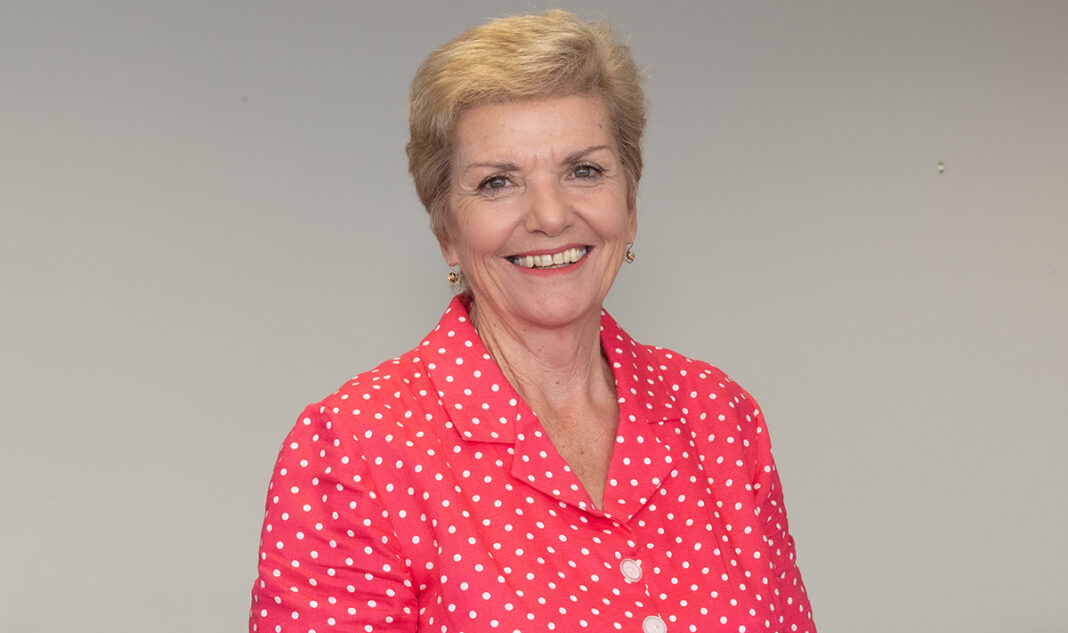Government and local government agencies and private sector organisations around the world are working hard to reduce their carbon emissions – well at least the responsible ones are.
The reason is obvious to almost all, the exceptions being the diminishing number of naysayers who have yet to accept that human-induced impacts on climate represent a real threat to our planet; and those who simply don’t care enough to take notice.
New Zealand is committed to being ‘carbon zero’ by 2050 and even with the offsets provided by growing forests, that’s a big ask.
Tauranga City Council is working on a number of fronts to reduce its carbon footprint, and that of the city. As it stands, most of the city’s carbon emissions come from transport activities and most of the transport emissions come from private vehicles. In brief, our major focuses are:
We want to have a more efficient transport network, so people can get where they need to go and spend as little time as possible sitting in queues with their engines running;
We want more people to use public transport, so there are less cars on the road;
And we want to make it as safe and easy as possible for people to use active transport modes like cycling, scootering and walking.
In part, our parking strategy also aims to contribute to mode shift. We obviously want people to be able to park in our key commercial areas when they need to, but the parking activity also needs to be a good fit for the low-carbon world of the future.
Businesses have a key role to play too, both in addressing the carbon emissions their activities generate, and by helping their employees to shift away from using private transport to get to and from work. That might mean setting up a ride-sharing arrangement; or encouraging the use of public transport or the take-up of e-vehicles and e-bikes; or, where it’s possible, encouraging people to work at home at least some of the time.
So here’s a challenge to shift our mind-set about the way we get around the city. Maybe there are some financial incentives a forward-thinking business could use to encourage change. For example, we may need to provide facilities for people to shower and change after they’ve ridden, run or walked to work.
Or perhaps we need to provide places for people to lock-up and recharge their bikes during the day.
Tauranga City Council is investing in the latter two items as part of the development of our future leased administration building at 90 Devonport Road. The council has also introduced loan schemes to help staff who want to purchase e-bikes get over the initial financial barrier, and is providing bus passes to staff for their work commute, to encourage the use of public transport. Many of our staff work at home for some of the week, which also requires an investment in connectivity and online meeting capability.
All of these things are imminently achievable and they allow us to get ahead of the carbon reduction game. Except it’s not a game – it’s a necessity and the sooner we start, the better the outcomes will be for us as individuals, organisations, communities and countries.
Challenge issued!
Related: City centre revitalisation set to accelerate


